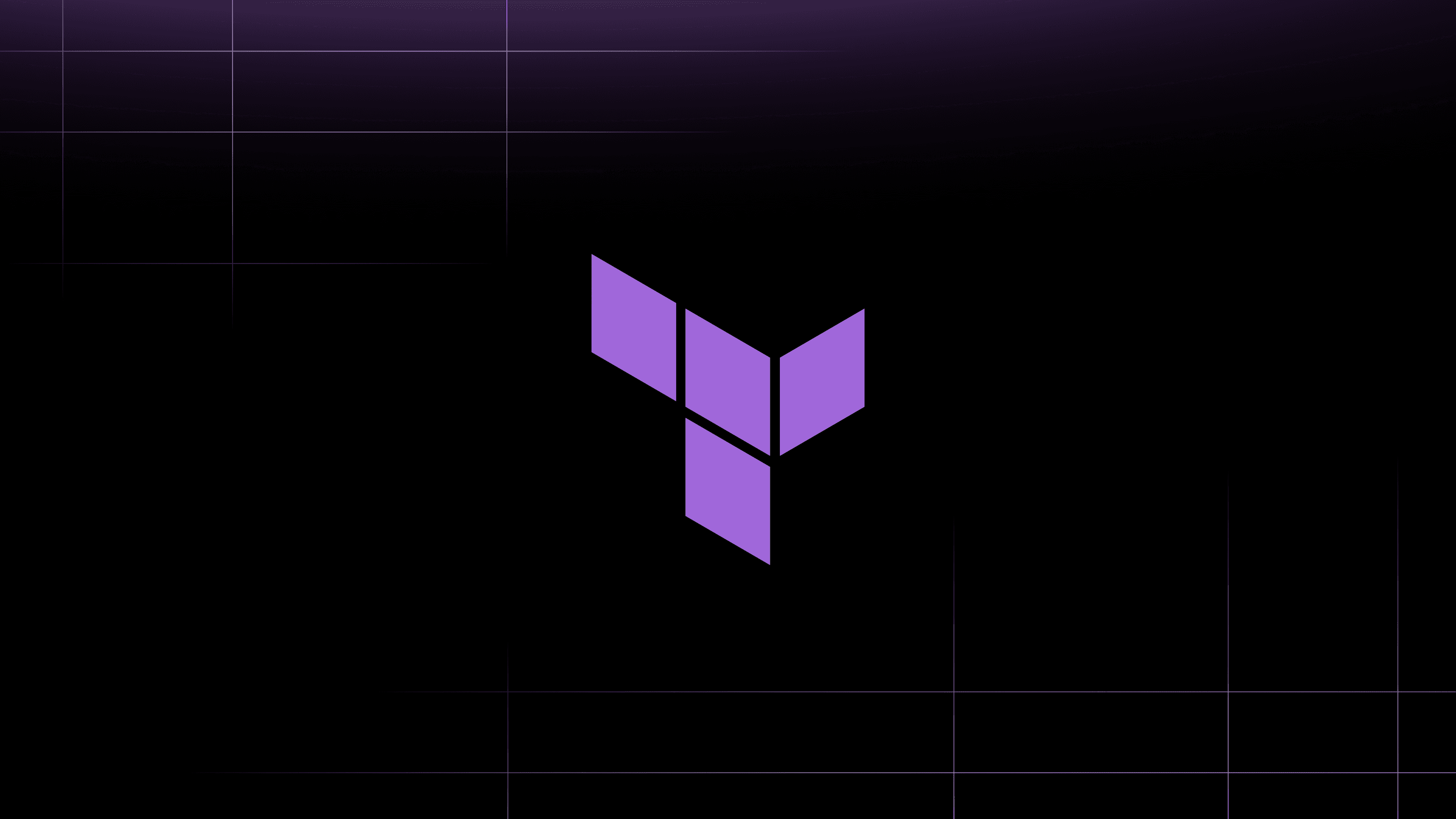We recently added a note to the HashiCorp Terraform contribution guidelines, which we believe requires additional clarity to help our community and commercial customers better understand the action, its implications, and what to expect from Terraform going forward.
First, we want to be clear that HashiCorp appreciates any sort of contribution from community members to Terraform or any other HashiCorp project. Many contributions to our projects have become integral parts of the tools, and even more have sparked great discussion about where to take the direction of the project. Please keep participating to help make Terraform and our other projects even better.
Terraform is seeing incredible growth. It has been downloaded more than 100 million times over its lifetime, and we currently have more than 1,200 commercial customers. Earlier this year, Terraform reached a milestone in stability and maturity with the GA of the 1.0 release. The Terraform product organization has grown in kind, and is now composed of more than 100 people and a dozen teams, each focused on different components or product areas including Terraform Core, Terraform Cloud and Enterprise, and Terraform Provider Ecosystem, to give a few examples. We are continuing to hire aggressively to keep pace with the growth, and currently have hundreds of open roles across the company. If helping build world-class infrastructure products gets you excited, we welcome you to apply.
As Terraform grows, we’ve been excited to see users applying it to new domains and use cases. This has led to a large increase in the volume of contributions from the community, and today we have 1,000+ Terraform providers in the Terraform Registry, which include HashiCorp official providers, verified partner providers built by ISV partners, and community providers. We want to enable anybody to contribute to the Terraform ecosystem, and have dedicated teams that work on the tooling, such as our provider SDK and the registry, to enable anybody to easily contribute. However, this creates an increasing scale challenge for HashiCorp to manage, and we are continuing to make the process more scalable for ourselves and the community.
Although we have many teams, some short-term staffing changes impacted our ability to review changes to Terraform Core in a timely manner. The intent behind the updated CONTRIBUTING.md file was to help set expectations for the potential contributors about when a response could be expected. The broader Terraform ecosystem is not impacted, and we are continuing to review a large number of contributions to our ecosystem of providers on a daily basis. In a few weeks, we expect to be back to normal across the board. We appreciate the understanding and patience of the community as we continue to grow and adjust our processes to support the community at scale.
We apologize for any confusion the initial communication caused. We are deeply invested in Terraform and excited about the continued momentum, adoption, and community around it. For members of the community looking to contribute, we encourage you to do so. If you want to join us and help us scale, we welcome you as well.








